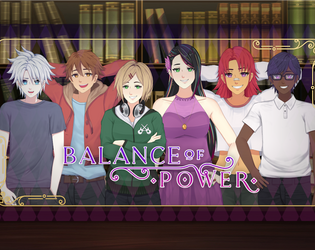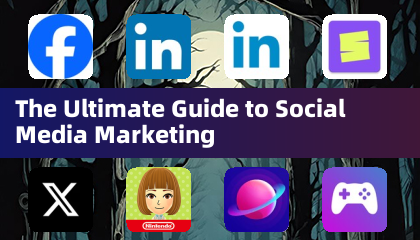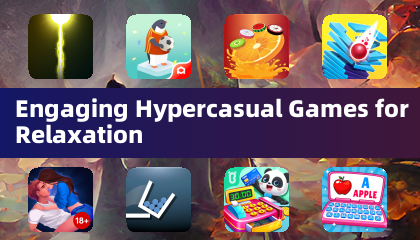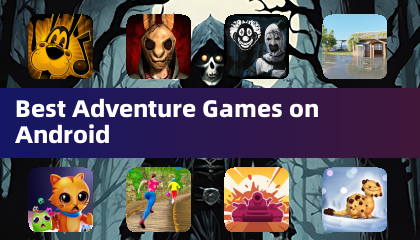EA’s Origin App made its debut in 2011 as a dedicated digital storefront for EA PC games, offering an alternative to Steam. One of its most notable launches was the exclusive requirement to access Mass Effect 3 via Origin in 2012. Despite EA’s push, the platform struggled to gain traction among PC gamers.
This lack of popularity was largely due to a clunky user experience and cumbersome login procedures. Many players actively avoided using Origin whenever possible. Nevertheless, EA remained committed—until now. The company has officially decided to retire Origin and replace it with the similarly criticized EA app.
Transitioning to the new EA app comes with important conditions. For instance, if you own Titanfall on Origin but haven’t formally migrated your account, you risk losing access to your purchased games unless you complete the switch.
Another major change is the discontinuation of support for 32-bit operating systems by the EA app. Gamers using such systems will no longer be able to run the application. It's worth noting that Steam also ended support for 32-bit OS environments in early 2024, reflecting a broader industry trend.
If you’ve bought or built a PC within the last five years, it's highly unlikely you're still running a 32-bit system. Microsoft continued offering 32-bit versions of Windows 10 until 2020, but Windows 11 only supports 64-bit systems. Also, 64-bit architecture has been available since Windows Vista, nearly two decades ago.
To quickly determine whether you’re affected, check your RAM capacity. A 32-bit OS can address a maximum of 4GB RAM—so if your system reports more than that, you're likely using a 64-bit OS. However, if you unknowingly installed a 32-bit version of Windows, you’ll need to perform a clean install with the 64-bit version to remain compatible.
While dropping 32-bit support may seem inevitable in 2024, it raises concerns about digital ownership. Losing access to games you've legally purchased due to evolving hardware standards is never a pleasant experience. Valve’s Steam has faced similar criticism after removing 32-bit support, leaving users unable to upgrade without sacrificing their game libraries.
Beyond system requirements, increasingly invasive DRM solutions like Denuvo are becoming standard in PC gaming. These often require deep system access or impose restrictive activation limits, despite being tied to a legitimate purchase.
One solution for preserving your digital library is turning to GOG, operated by CD Projekt. Every title sold there is completely DRM-free, meaning once downloaded, you retain full access regardless of future OS or hardware changes.
Of course, this approach does open the door to potential software piracy. Yet, developers continue to embrace the platform. Upcoming titles like Kingdom Come: Deliverance 2 are already set to launch on GOG, proving that DRM-free distribution remains a viable—and increasingly popular—option for both players and creators alike.















